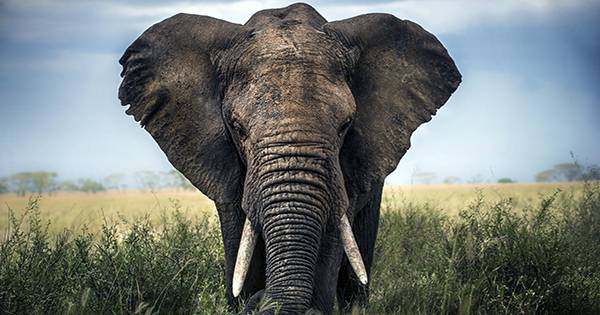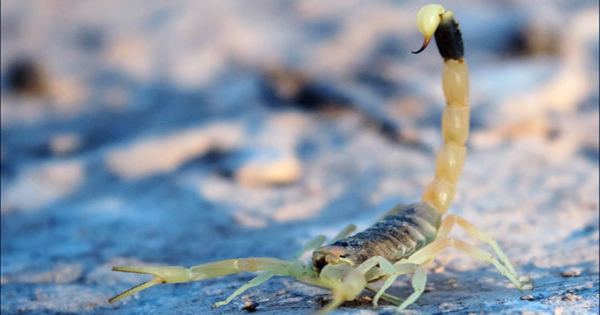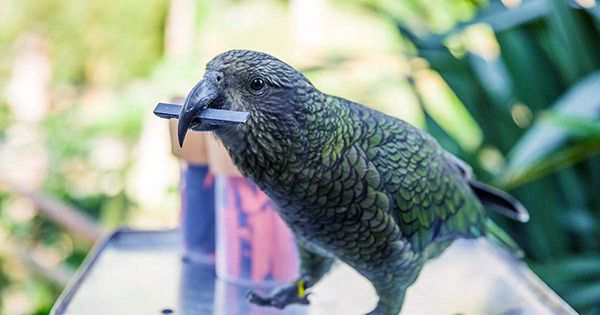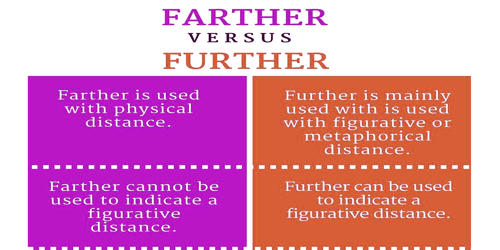The online auction marketplace eBay has banned the sale of elephant ivory for a decade, but new research published in the journal Tropical Conservation Research indicates that it has done little to stop the trade on the website. This paper, led by researchers from the Durrell Institute of Conservation and Ecology (DICE), describes how code words sellers are using illegal items in disguise and will describe many items as engraved “bones”. Netsuke is the name given to name engraved objects, usually made of ivory, which forms parts of the cord attached to Japanese kimonos. Calling pure ivory from carved bones is not an easy task for the neglected eye, but Daisy’s Sophia Venturini and Dr. David Roberts were able to evaluate the authenticity of the Netsukes sold on eBay by searching the Schreger line.
Not wanting to contribute to the trade-in of illegal animal products from an ethical standpoint, they scanned pictures of available items to identify the materials from which they were made. Their investigation revealed that in the description of the item the ivory was usually going to be the bone of the cow, and only a small percentage (~ 1.3 to 6.9 percent) of that was identified and dropped by eBay a month later. In 2008, eBay announced that it was introducing a global ban on the sale of ivory, which began in January 2009. It is a founding member of Coalition to End Wildlife Trafficking Online and works with the World Wildlife Fund and the International Fund for Animal Welfare.
An eBay spokesperson told CNN Business, “Our global teams are dedicated to upholding standards in our markets, and in the last two years we have blocked or removed more than 265,000 lists that are prohibited in our Animal Products Policy.” Dr. Roberts said in a statement, “Despite eBay’s strict policy on animal and wildlife products, there is still an ongoing trade in ivory, mostly concealed as other unlimited materials.” “Illegal sales of ivory items can be particularly difficult to detect, for example, the term” ivory “can be used to describe a character, and companies like eBay have resources and information that can be mobilized to address the challenges of the illegal wildlife trade.”
The popularity of such items has not waned in recent years, and the government and law enforcement agencies have continued to work to stop it, despite more information available on illegal trafficking and wildlife trade. In 2020, government officials in China removed steps from the list of ingredients used in traditional medicine to curb the trade in endangered pangolins. Pangolins are one of the world’s leading traffickers and last year were found to carry coronaviruses such as the stork-cov-2 pathogen, although at the time of writing there was no evidence that they were the intermediate host that allowed Covid-19 to pass from bats to humans.
















